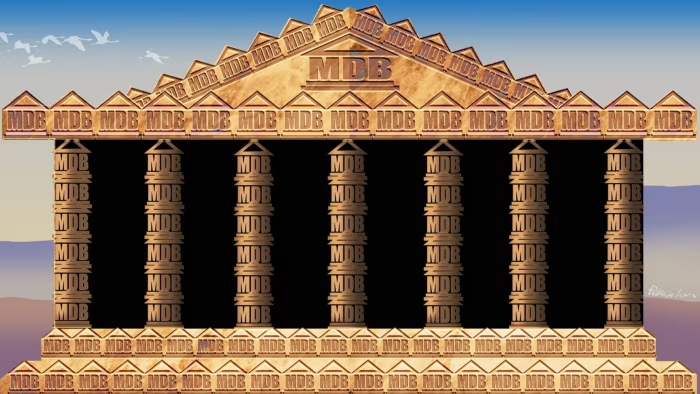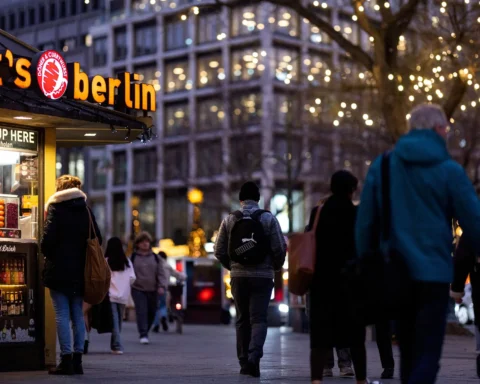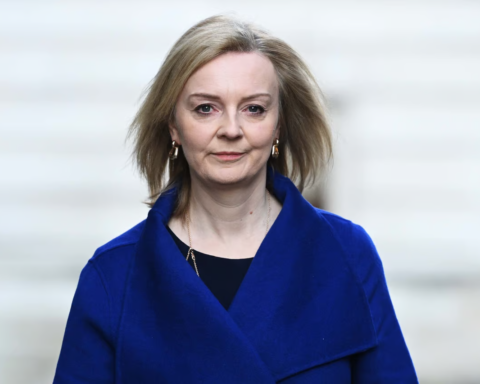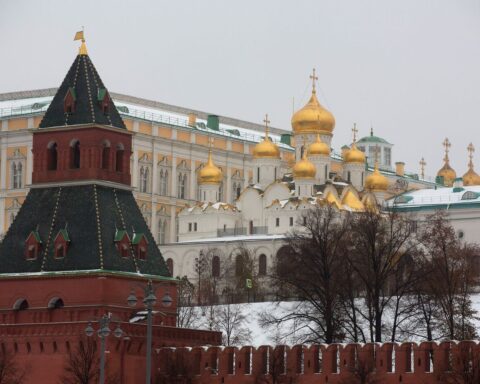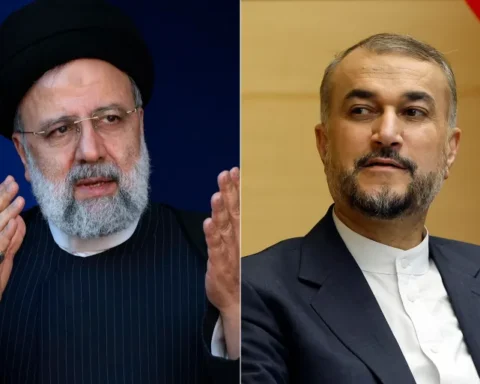The Financial Times economic columnist Martin Wolf: Multilateral development banks are a valuable tool, but they need a radical overhaul, and we must learn how to use them. The second volume of a report on strengthening multilateral development banks commissioned by the G20 and published last week in Marrakech begins “The World is on Fire.” The first volume of the report discussed the urgent need for a radical reorganization of the multilateral development banks (MDBs) to address pressing global challenges, including extreme poverty and climate risks. The report proposes a triple agenda for the MDBs, which includes tripling annual lending to $390 billion by 2030, adopting a mandate to eliminate poverty, increase shared prosperity and contribute to global public goods, and modernizing financing models. Volume 2 explains in detail what this will mean. Put simply, it requires rethinking all aspects of the MDBs-the scale of their resources, how they use them, the risks they take, their relationship with the private sector, and how they operate.
To finance this transformation, the report estimates that annual spending by developing countries would need to increase by $3 trillion between 2019 and 2030, with a large share of this in middle-income countries. Two-thirds of the additional resources could come from domestic sources and the rest from abroad, half of which would come from private sources. The report emphasizes the role of the MDBs in stimulating private finance by shifting from individual projects to government-led programs and finding ways to engage the private sector. It also calls for a substantial increase in official capital and the establishment of a global challenge finance facility to attract additional resources from sovereign wealth funds, foundations, impact investors, and businesses. It concludes by emphasizing the importance of the urgent transformation of MDBs to address global challenges, with a focus on poverty reduction and climate change, and the moral and practical need for high-income countries to support these efforts.
The entire article can be read at the link https://www.ft.com/content/b0ba46e4-77ae-495b-9166-2d11a077858d
